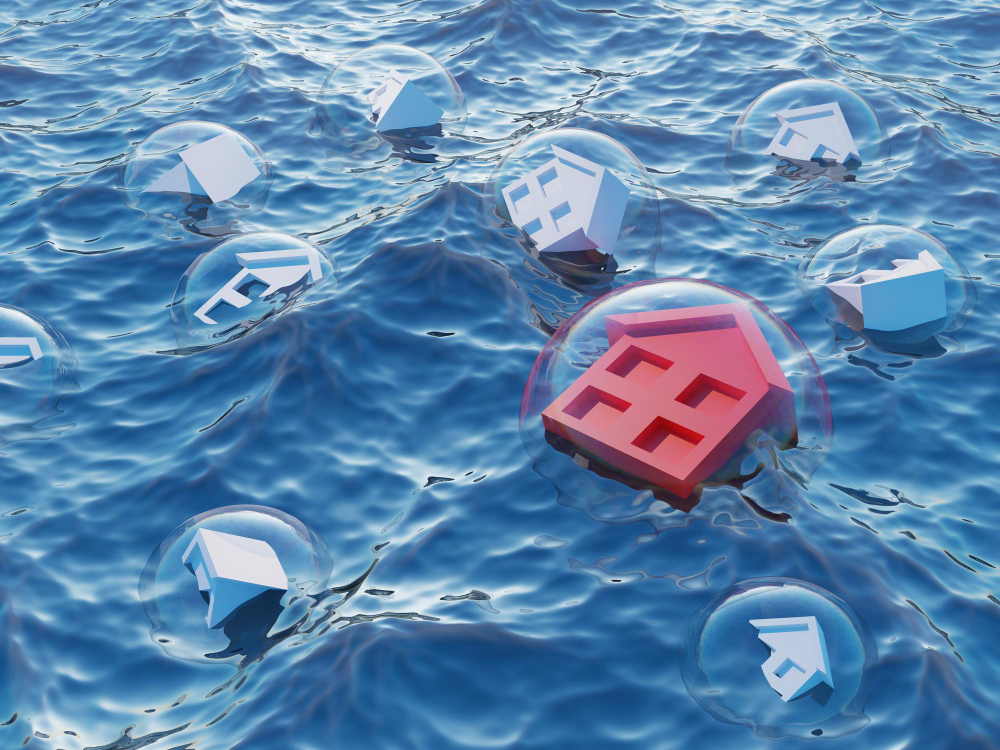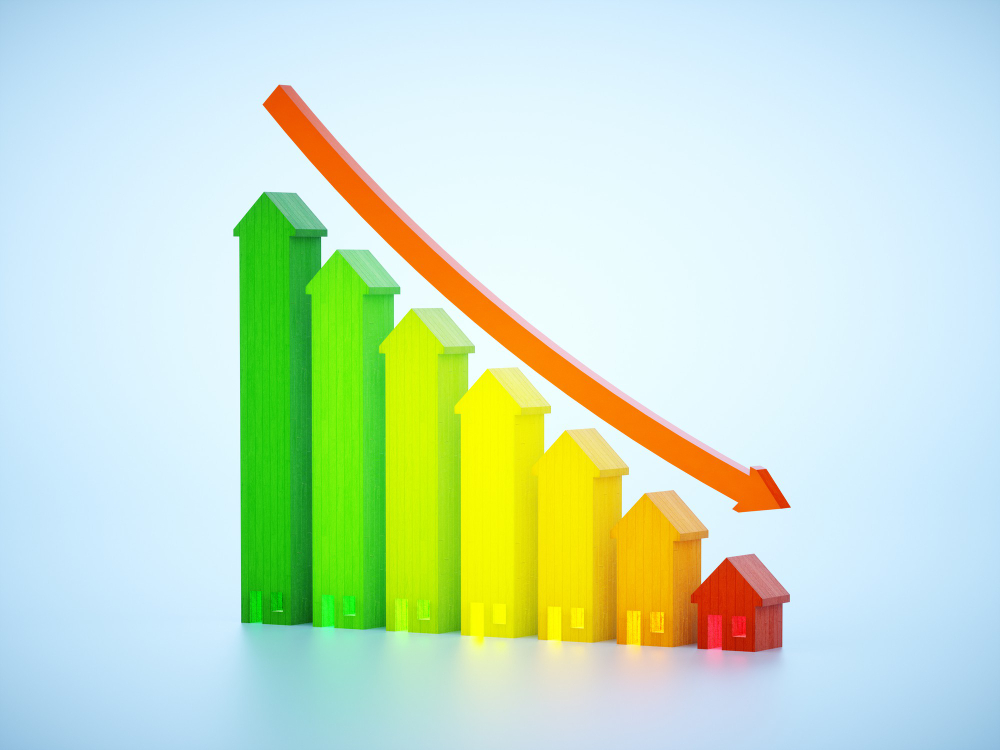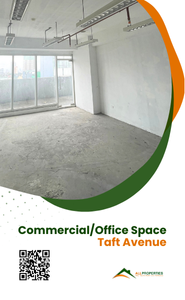Real Estate and Housing Bubble Explained

A housing bubble, also known as a real estate bubble, is a rapid increase in housing prices or housing market caused by demand, speculation, and reckless spending that eventually leads to a crash. Housing bubbles typically begin with an increase in demand due to limited supply, which takes a relatively long time to replenish and increase. Speculators pour money into the house prices and market, increasing demand. At some point, demand falls or stagnates while supply rises, causing a sharp price drop—and the bubble bursts.
What Causes a Real Estate Bubble?
Due to the high transaction and carrying costs associated with home ownership, housing markets have historically been less prone to bubbles than other financial markets. A rapid increase in credit supply, however, can bring borrowers into the market, and fuel demand by combining very low-interest rates with lax credit underwriting standards. Interest rate increases and tightening credit standards can reduce need, causing the housing bubble to burst.
Housing Bubble Definition and What Influences Housing Demand?
Increased demand does not happen by itself. There are usually several factors at play:
- A rise in overall economic activity and prosperity puts more disposable income in the pockets of consumers and encourages homeownership.
- A new demographic group enters the housing market.
- Mortgage rates that low make homes more affordable.
- Innovative mortgage products, such as low initial monthly payments, make homeownership more accessible.
- More buyers enter the market as credit becomes more readily available, often with lower underwriting standards.
- Lenders want more mortgage business to keep up with Wall Street’s appetite for high-yielding structured mortgage-backed securities (MBS)
- Mortgages are easier to obtain when lending standards are relaxed.
- Mortgage borrowers’ excessive risk-taking
- Home buyers’ and investors’ speculative and risky behavior is fueled by unrealistic and unsustainable home price appreciation projections.
Some or all of these factors may combine to form a housing market bubble. Indeed, all bubbles follow the same general pattern: an increase in activity and prices precedes excessive risk-taking and speculative behavior by all market participants—buyers, borrowers, lenders, builders, and investors.
What Causes a Drop in Housing Prices?
Many national and regional factors influence housing prices.
Mortgage loan rate increases cause demand to cool. A slowing economy has an impact. A large demographic trend, such as baby boomers retiring south, has an impact.
There are even more factors to consider on a local level. Local economic conditions, tax changes, crime rates, and the quality of local services all influence the attractiveness of cities and neighborhoods.

What Causes Housing Bubbles to Burst?
When excessive risk-taking becomes pervasive and prices no longer reflect anything close to fundamentals, a bubble bursts.
This will occur in the housing market if builders continue to build in response to dwindling demand. In other words, demand falls while supply rises. The unavoidable result is a slowing of sales and a decrease in price appreciation.
That, however, is not the end of the cycle. As sales slow and prices stop rising, the market becomes more aware of the risk. Several factors could have led to this realization:
- Interest rate increases make homeownership out of reach for more buyers and, in some cases, cause financial crises or hardship for current homeowners. This frequently results in defaults and foreclosures, which eventually add to the supply of available homes in the real estate market.
- A decline in general economic activity results in less disposable income, job losses, and fewer job openings, all of which can cause to demand decrease in houses. A recession is especially dangerous.
- Demand has been depleted, bringing supply and demand back into balance and slowing the rapid rise in home prices.
The cycle could be completed at that point. Prices have leveled off as supply and demand have reached equilibrium. But things could get worse.
As the market’s mood shifts, credit standards tighten, demand falls, supply rises, and speculators profit.
In a Housing Bubbles, What Should You Do?
If you already own a home in an area where home prices are skyrocketing, you may be tempted to sell. Remember, unless you plan to relocate to a less expensive region, downsize, or rent, you’re entering the bubble. You’ll be competing with the rest of the homebuyers in a potentially overpriced market.
If you’re in the market for a home, you might want to wait a little longer. You might end up overpaying.
How to Avoid the Housing Market Crash and look forward to Housing Bubble Bursts
You, Supply, and Demand
To buy a home, you need a factor known as “the ability curve,” which means that someone can buy the property if they have the cash. Most people are concerned about the rise in home prices because they lack the funds for a down payment. You’d think that as wages rise, people would be able to afford more, but our current economy says otherwise.
Getting Out of the Housing Bubble
One way to avoid the “housing bubble” is to invest in multifamily apartments in areas with plenty of jobs, where tenants pay their rent, which pays the mortgage. This eliminates the issue of “what the property costs” because it is more concerned with the property’s cash flow. Furthermore, as housing prices rise, so do rents. Prices rise as inflation and wages rise and supply becomes scarce, but so do rents.

When people relocate, the first thing they do is rent a place for about two years. Then they decide whether or not they want to buy a home in that area. Most people will try to talk you out of purchasing a home by claiming that it is too expensive. Here’s the thing: cash flow is the Holy Grail, and it’s what will keep you from suffering in a bottlenecking housing market. Make sure you have a place you can rent out and generate a profit.
Investing in real estate pays you every month. You will always have a steady flow of cash. When you have consistent cash flow, you can buy more property and avoid being trapped in the housing bubble. You will never have to worry about your financial situation again if you invest in real estate because you will have the cash.
You don’t want to put all of your eggs in one basket. Make sure you have multiple income streams. You don’t want to be reliant on a single job or source of income. Make sure you have multiple sources of income so that your life is more stable.




